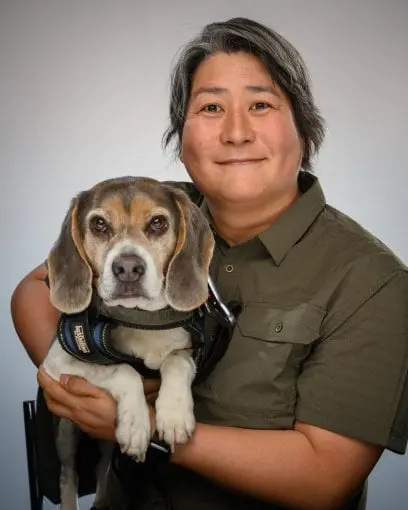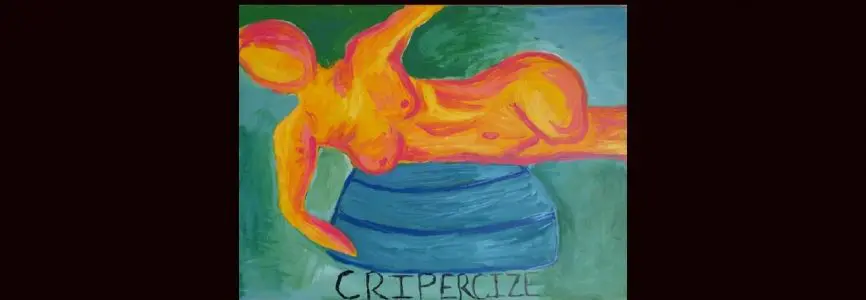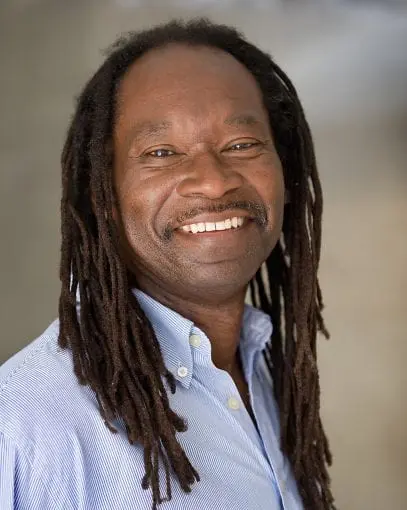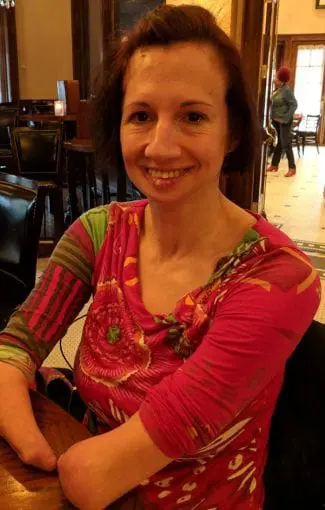Questioning Cure: Disability, Identity, and Healing
Part 4 of our online event series, “The Art of Flourishing: Conversations on Disability”
TRANSCRIPT
Should cure be the ultimate aim of health care? Sometimes aiming at cure entails trying to fix disability rather than enabling disabled people to flourish. Sometimes it obscures the goal of healing. And sometimes aiming at cure entails failing to distinguish between disease and difference. In this webinar, disabled writers and educators Anand Prahlad, Ann Millett-Gallant, and Karen Nakamura discuss how the idea of cure has shaped their own lives and how we can think beyond cure.
Featured guests:
Anand Prahlad is a Curators’ Distinguished Professor emeritus in the department of English at the University of Missouri. He is a folklorist, literary author, disability activist, and musician. His books include Reggae Wisdom: Proverbs in Jamaican Music, a scholarly study; As Good as Mango, a collection of poetry; and The Secret Life of a Black Aspie, a disability memoir.
Ann Millett-Gallant is an art historian and disability studies scholar who teaches in the Bachelor of Arts in Liberal and Interdisciplinary Studies program at the University of North Carolina Greensboro. She is the author of Re-Membering, a memoir about being congenitally physically disabled and experiencing traumatic brain injury, as well as The Disabled Body in Contemporary Art, the first scholarly monograph to cross the disciplines of art history and disability studies. Her teaching practices and research analyze representations of disability and its intersections with multiple identities as portrayed in two- and three-dimensional artwork.

Karen Nakamura is a cultural and visual anthropologist at the University of California Berkeley. Her first book was titled Deaf in Japan: Signing and the Politics of Identity (2006). Her next project resulted in two ethnographic films and a monograph titled, A Disability of the Soul: An Ethnography of Schizophrenia and Mental Illness in Contemporary Japan (2014). While finishing a book on the intersections of transsexuality and disability politics in postwar Japan, Nakamura is currently collaborating on research involving the impact of artificial intelligence/machine learning (AI/ML) on disability communities.
CO-ORGANIZERS
Erik Parens is director of The Hastings Center’s Initiative in Bioethics and the Humanities, co-editor with Adrienne Asch of Prenatal Testing and Disability Rights, and author of Shaping Our Selves: Technology, Flourishing, and a Habit of Thinking.
Joel Michael Reynolds is assistant professor of philosophy and disability studies at Georgetown University, a senior research scholar in the Kennedy Institute of Ethics, and core faculty in Georgetown’s Disability Studies Program. He is also the founder of The Journal of Philosophy of Disability, which he edits with Teresa Blankmeyer Burke.
Liz Bowen is the 2020-2022 Rice Family Postdoctoral Fellow in Bioethics and the Humanities at The Hastings Center. Her scholarly work explores the intersections of disability studies, the environmental humanities, bioethics, and American literature. She is also the author of two poetry collections dealing with disability and chronic illness: Sugarblood (2017) and Compassion Fountain (2021).
Rosemarie Garland-Thomson is a professor emerita of English and bioethics at Emory University and a senior advisor and fellow at The Hastings Center. She is co-editor of About Us: Essays from the Disabilities Series of the New York Times (2019), a book based on The New York Times’s pioneering series.
Learn more about this public event series, “The Art of Flourishing: Conversations on Disability,” produced by The Hastings Center and supported by the National Endowment for the Humanities.
Cripercize
Painting by Ann Millett-Gallant
18×24 in., acrylic on canvas
2009



